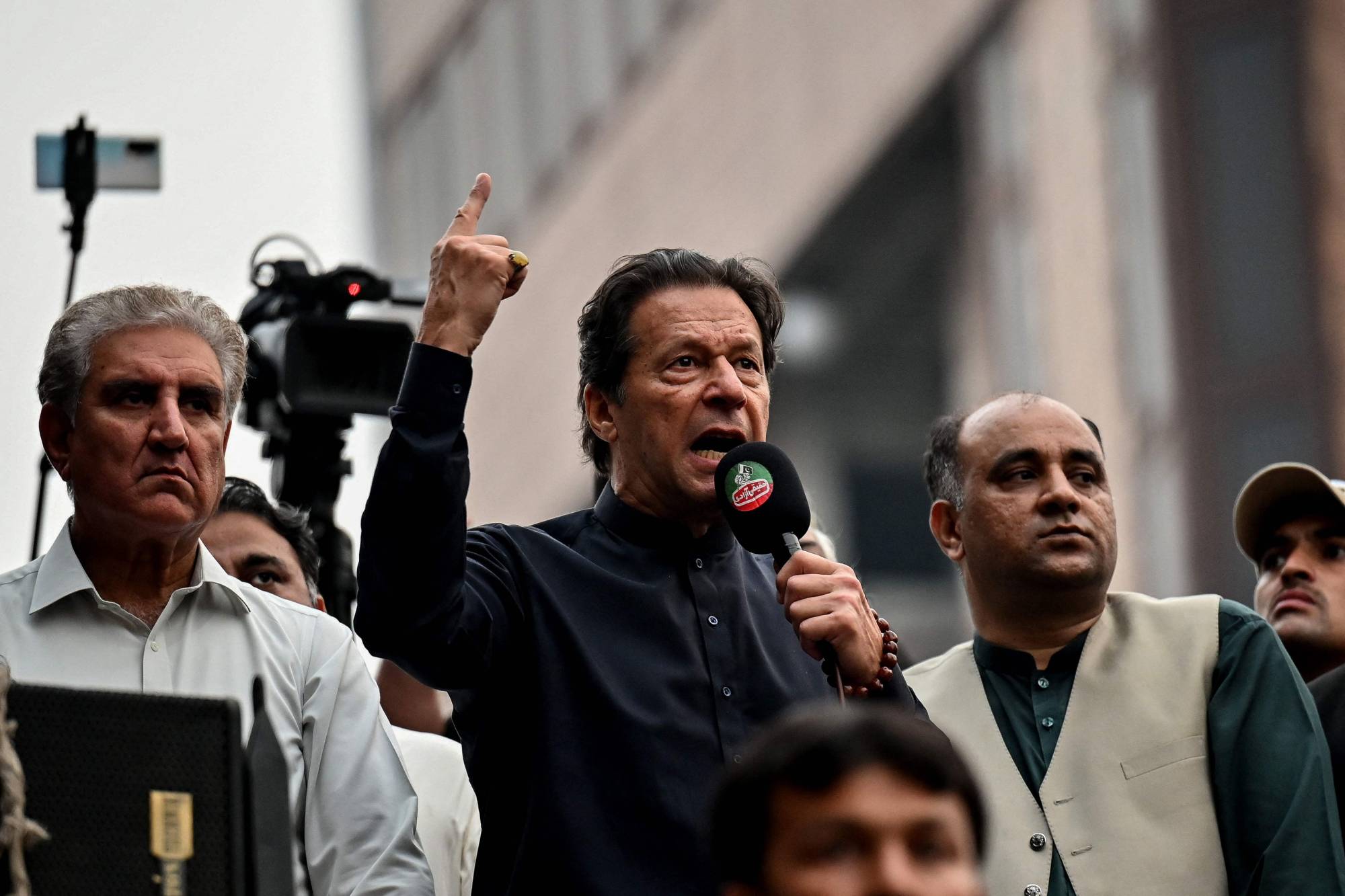Almost 15 years ago, on a cold winter evening in Rawalpindi, Pakistan’s most popular politician was killed at a political rally, just weeks before elections that she was expected to win.
When news came in late on Thursday evening that former prime minister Imran Khan — now unquestionably Pakistan’s dominant political figure — had been shot at a political rally, it was hard not to recall the turmoil following Benazir Bhutto’s assassination. For a brief moment before she died, it had looked like Pakistan was on its way to prolonged political stability. Since her murder, that stability has seemed difficult to achieve.
The attack on Khan is likely to put any political equilibrium out of reach for years. Khan, ousted as prime minister earlier this year, was in the middle of a "long march” meant to drum up support for early elections. His supporters already felt hard done by, blaming Pakistan’s all-powerful "establishment” for Khan’s lost majority in parliament. The attack on their leader might well cause their anger to curdle into permanent resentment.



















With your current subscription plan you can comment on stories. However, before writing your first comment, please create a display name in the Profile section of your subscriber account page.